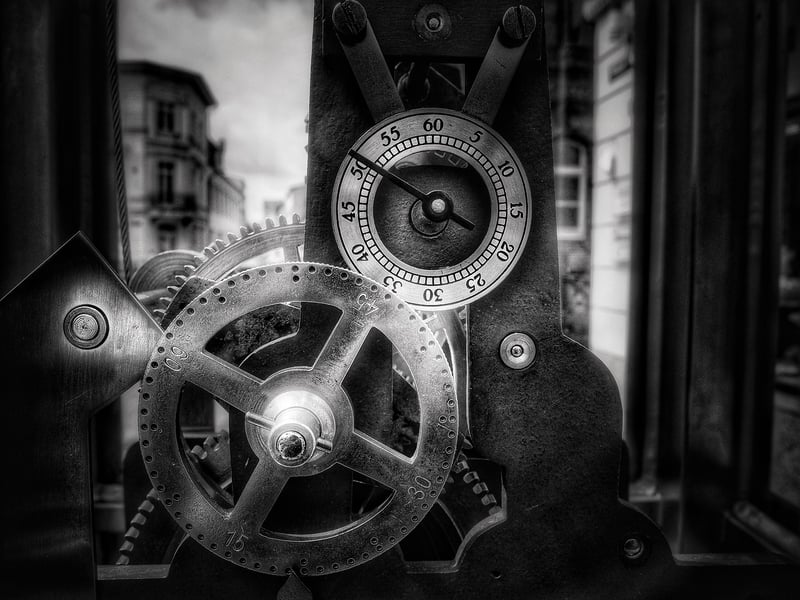Temporal Paradoxes
The Science Behind Time Travel and Temporal Paradoxes
Time travel has been a popular concept in science fiction for decades, but is it actually possible according to science? Let's explore the fascinating world of time travel and delve into the concept of temporal paradoxes.
Understanding Time Travel
According to Einstein's theory of relativity, time is not a constant and can be influenced by gravity and speed. This forms the basis of the theoretical possibility of time travel. The two main theories that could allow for time travel are:
- Wormholes: These are hypothetical tunnels in spacetime that could create shortcuts for long journeys across the universe, potentially allowing for time travel.
- Time Dilation: As an object approaches the speed of light or experiences immense gravitational forces, time for that object slows down relative to a stationary observer, leading to potential time travel scenarios.
Temporal Paradoxes
Temporal paradoxes are situations that arise when time travel leads to contradictions or inconsistencies. Some of the most well-known temporal paradoxes include:
- Grandfather Paradox: If you were to travel back in time and prevent your grandfather from meeting your grandmother, would you cease to exist?
- Bootstrap Paradox: What happens if an object or information is sent back in time in an infinite loop with no origin?
- Parallel Universes: Some theories suggest that time travel may lead to the creation of parallel universes to resolve paradoxes.
Conclusion
While time travel remains a fascinating concept in both science and fiction, the practicality and feasibility of actual time travel remain uncertain. The study of time, spacetime, and the nature of the universe continues to captivate scientists and enthusiasts alike, fueling discussions on the possibilities and implications of time travel.

For more information on time travel and temporal paradoxes, you can explore further resources here.
